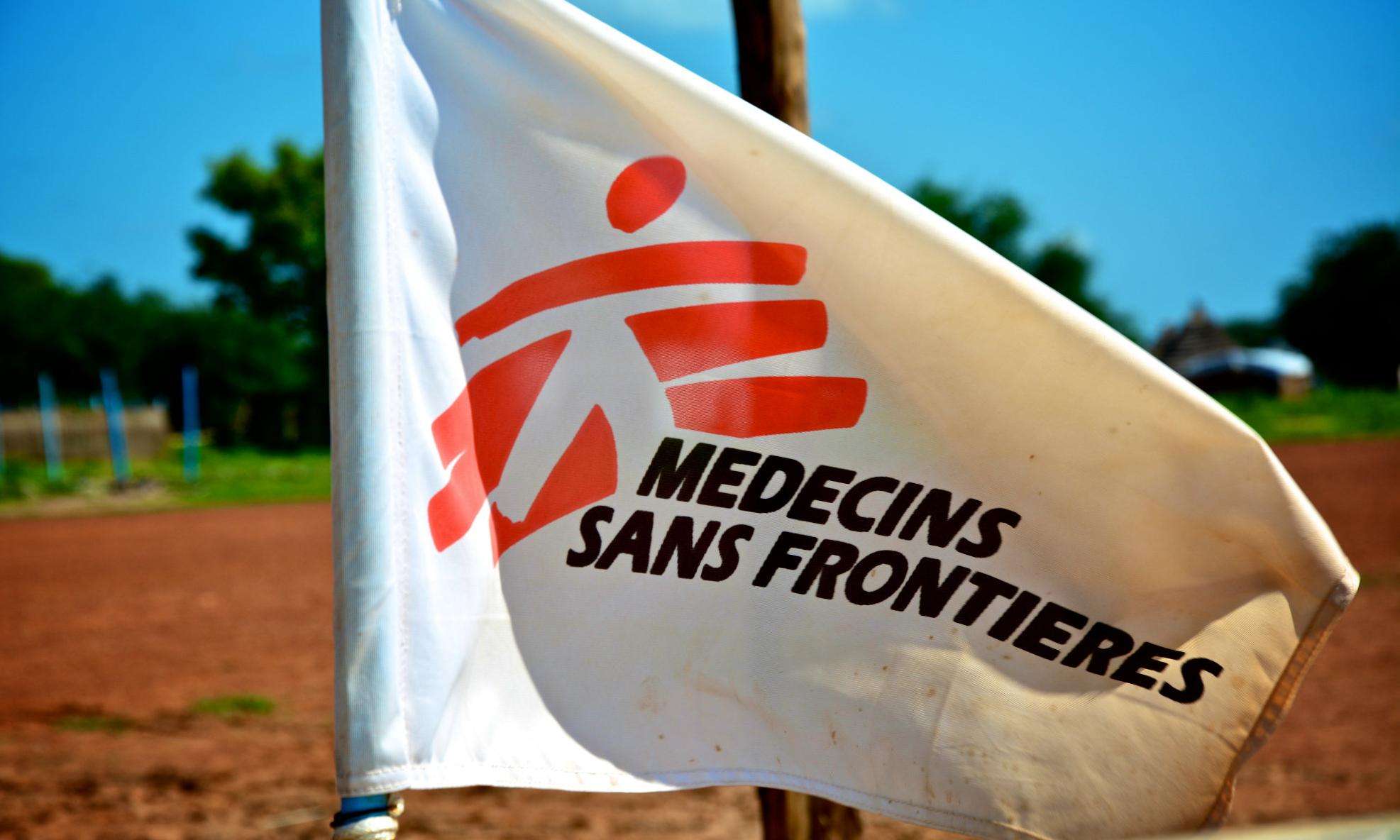New York /Jerusalem, September 3, 2002 — Today, Doctors Without Borders/Médecins Sans Frontières released the "Palestinian Chronicles," a report that includes first-hand testimonies about the daily life of Palestinian civilians trapped by conflict in Hebron and the Gaza Strip, whose suffering is generally unknown. The publication also contains essays describing the psychotherapeutic and medical programs run by MSF in the Palestinian territories, and is available in English in PDF format, or in French, Spanish, Arabic, and Hebrew.
Since the beginning of the second Intifada in September 2000, physician-psychologist teams from Doctors Without Borders/Médecins Sans Frontières (MSF) have provided medical and psychological care to Palestinian civilians in Hebron and the Gaza Strip. Recently, the organization has begun a program in Jenin to help facilitate access for Palestinian medical personnel.
Introduction by Dr Jean-Hervé Bradol
Beginning in September, MSF will be distributing the "Palestinian Chronicles". This report is a way of bearing witness and offering testimonies about the day-to-day reality of a people trapped by war and whose suffering is generally unknown. They provide facts and fragments of things seen, experienced, and felt. The "Palestinian Chronicles" were written by psychologists, psychiatrists, and doctors who have been assisting Palestinian families in Gaza and Hebron. The publication, appearing in French, English, Spanish, Arabic, and Hebrew, will be widely distributed to local authorities in Israel and the Palestinian territories as well as to other agencies, media and representatives of governments in the eighteen countries where MSF has headquarters.
The introduction contains three presentation papers. The first explains how, in this sensitive and emotional context, humanitarian agencies are being asked to choose sides, and how they must preserve their independence as in other conflict areas. The second explains MSF activities, priorities and limits, and is a critical evaluation of the MSF psychiatric and psychological approach in the midst of the Palestinian conflict. The third essay, written by MSF psychiatrists and psychologists, explains how psychiatry and psychology plays an increasing role in assisting war victims, as well as how mental health interventions are conducted while traumatic events are still underway.
Following these reflections, "Palestinian Interior" tells the story of one year MSF spent working with the most vulnerable segments of the Palestinian population in Gaza and Hebron. Notes taken by MSF teams while working with Palestinian patients provide an insight into the psychological consequences for people living in a continual war situation.
The report also contains the photographs of Philippe Conti, an independent photographer who has followed the MSF's work from mid-2001 - early 2002.
Palestinian Chronicles Photo Exhibition:
Starting in mid-September, an MSF sponsored exhibition presenting 40 photographs of the independent French photographer Philippe Conti will be organized in various European capital as well as in Israel and the Palestinian Territories. From the 20th of September until the 4th of October, the exhibition will be housed at the Cinematheque in Jerusalem. From there it will travel to Hebron, Jenin and Gaza to be presented by the MSF teams there.




